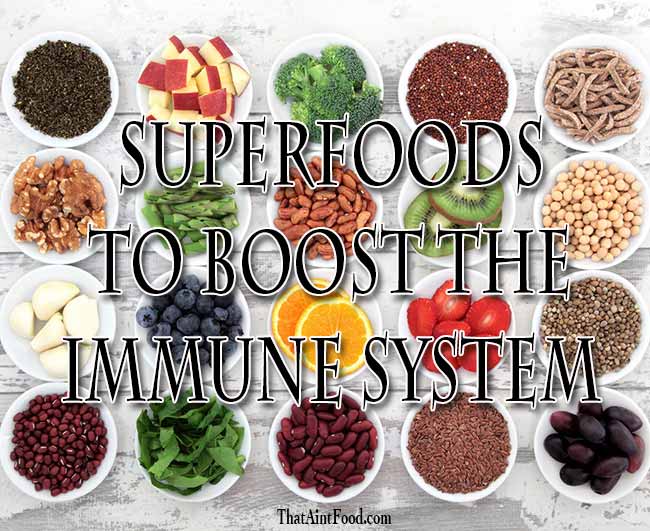David Wolfe discusses using superfoods and how to strengthen and restore the immune system and how to be healthy.
The following is a list of how some nutrients interact in the body:
- Glutathione recycles vitamins C and E and puts them back to work as antioxidants.
- Cells do not produce Glutathione without the precursor amino acid components: glutamate, glycine and cysteine.
- Low intracellular Glutathione levels cause the cell’s death.
- The conversion of beta-carotene to vitamin A depends on the availability of vitamin C, zinc and thyroid hormones while vitamin C, E and selenium enhance the function of beta-carotene.
- Magnesium is necessary for conversion of vitamin B1 (thiamine) into its active form, and vitamin C helps improve thiamine absorption.
- Vitamin B2 (riboflavin) is necessary for the activation of vitamin B6.
- Vitamins B6, B2 and iron are necessary for the conversion of tryptophan (an essential amino acid) to vitamin B3 (niacin).
- Tryptophan is a biochemical precursor for serotonin which in turn can be converted to melatonin.
- Folic acid requires vitamin B12, niacin and vitamin C to be converted to its active form.
- Vitamin C helps reduce folic acid excretion.
- Vitamin C increases the absorption of iron and improves the stability of vitamin E.
- Vitamin B6 deficiency reduces vitamin B12 absorption.
- Vitamin D is necessary for the absorption and metabolism of calcium and phosphorus.
- Vitamin B5 (pantothenic acid) is necessary for the synthesis of vitamin D.
- Vitamin E is necessary for the action of vitamin A and regulates the levels of that vitamin.
- Potassium decreases urinary loss of calcium, etc.
Help Us… Help You… by Donating Today…
Cheers, The Foxy Lady!!!








